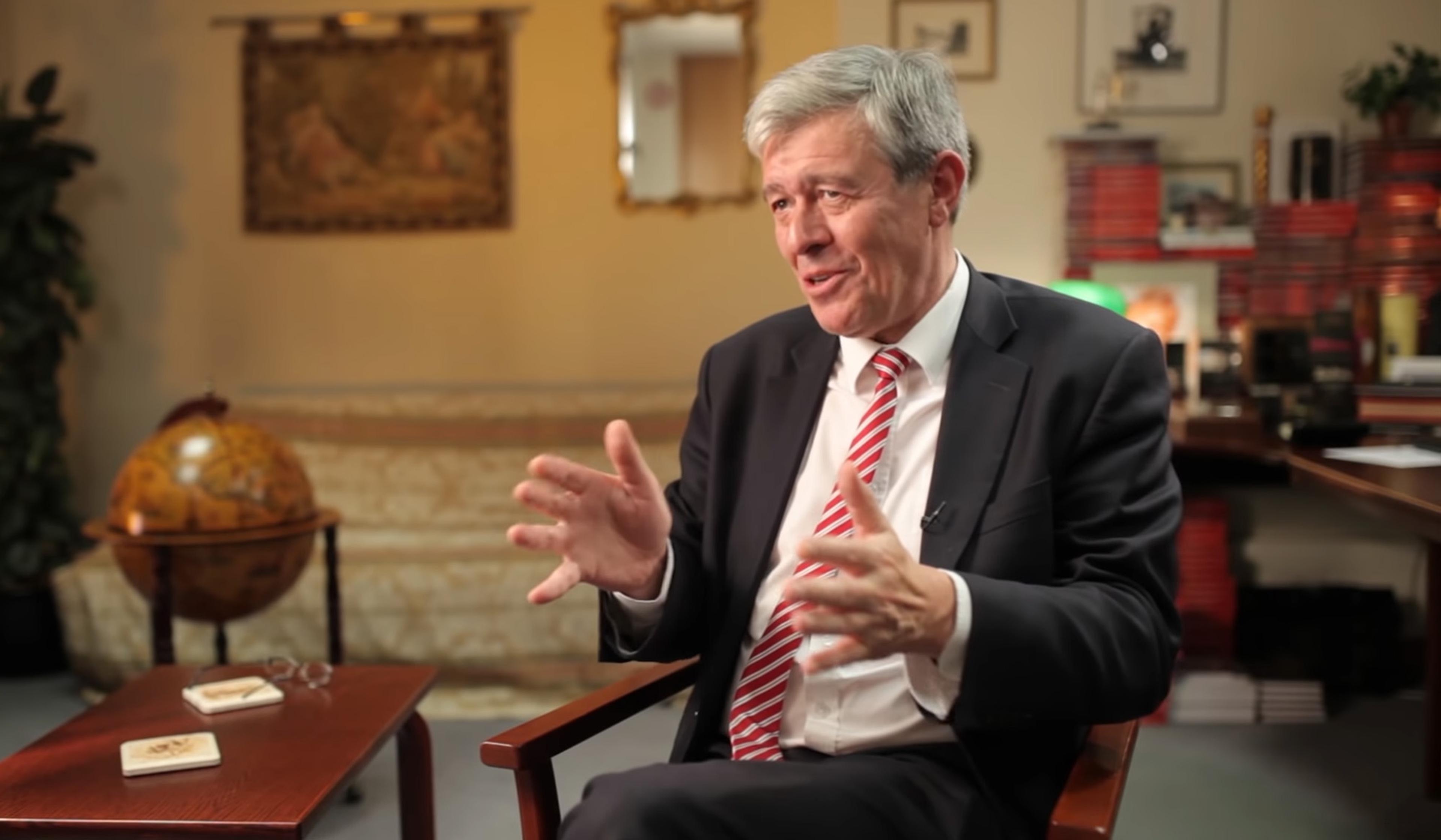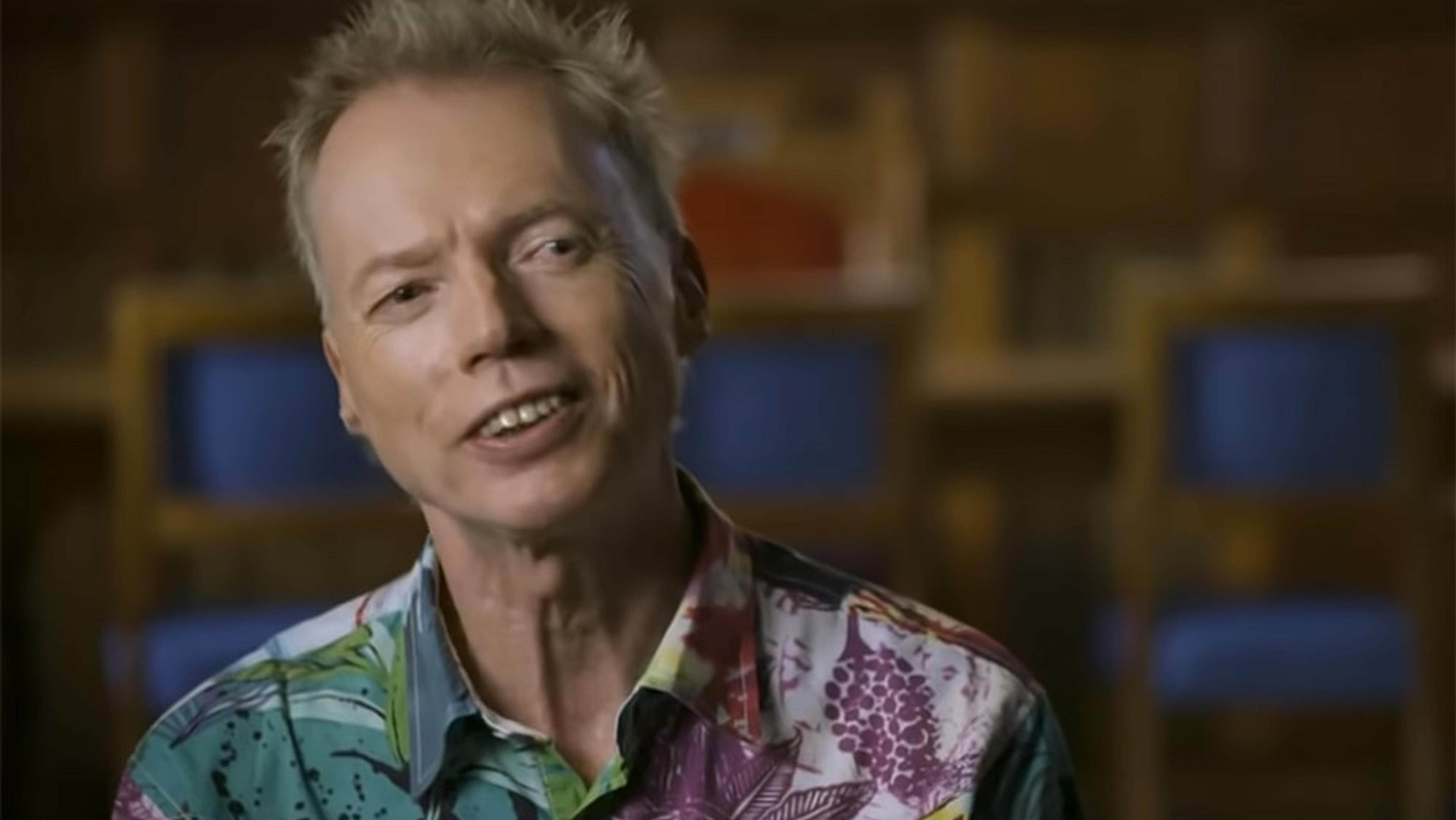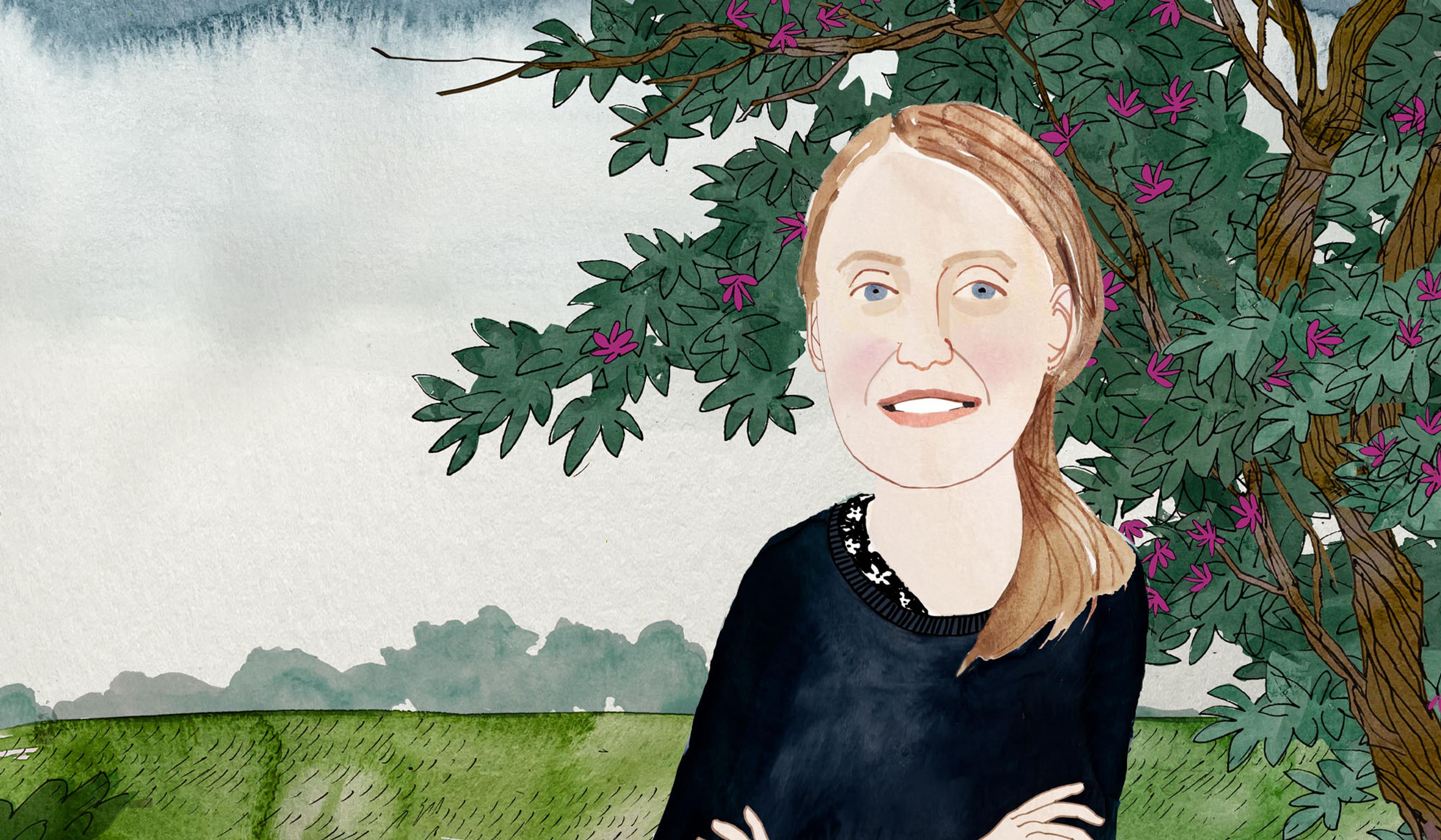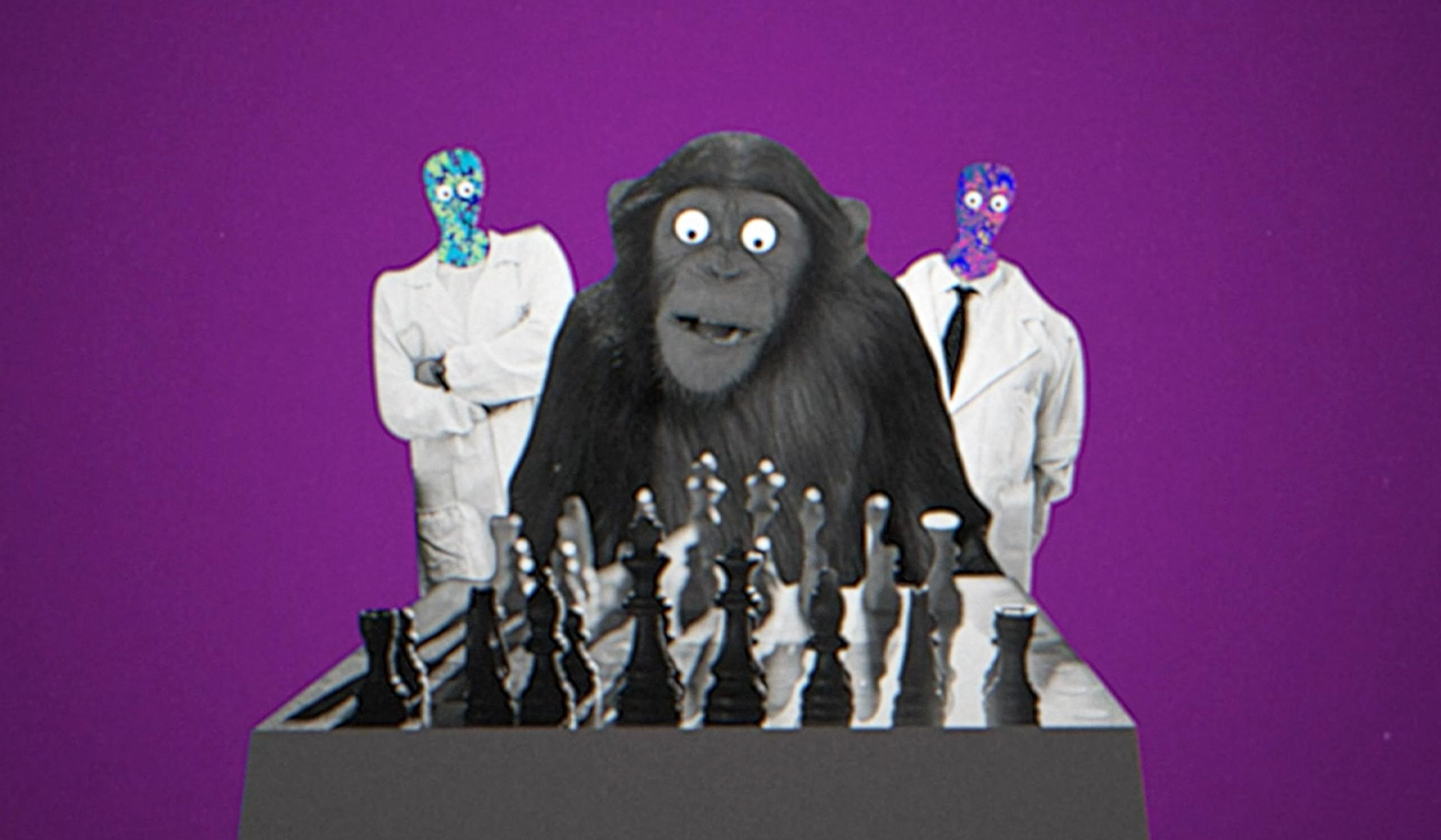In this interview with Robert Lawrence Kuhn for the PBS series Closer to Truth, the UK philosopher, writer and retired neuroscientist Raymond Tallis offers his nuanced view of the extended mind thesis, proposed by Andy Clark and David Chalmers in 1998. Their paper ‘The Extended Mind’ shifted the bedrock of modern philosophy, psychology and neuroscience, and eventually became the most cited philosophy paper of the decade. Its thesis was that our consciousnesses are constantly integrating and being moulded by outside objects, including other people, in ways that suggest that the mind extends far beyond the confines of the skull, or even the skin. Somewhat controversial upon its publication, the paper’s central idea gained greater popular traction as innovations in technologies such as medical implants and smart devices seemed to narrow the gap between human cognition and external objects. Two decades on from the paper’s publication, Tallis finds much to admire and to critique in its central contention, embracing the notion that our minds are in no way constrained to the brain, while rejecting the idea that devices such as smartphones open up novel pathways for understanding consciousness.

videoPhilosophy of mind
Embodied cognition seems intuitive, but philosophy can push it to some strange places
14 minutes

videoConsciousness and altered states
Why don’t we feel pain in dreams? The answer might lie in a new frontier of neuroscience
9 minutes

videoPhilosophy of mind
Your body is scanned, destroyed, then reproduced. Do ‘you’ live on the copy?
13 minutes

videoCognition and intelligence
How a ‘periodic table’ of animal intelligence could help to root out human bias
5 minutes

videoNeuroscience
What will we do when neuroimaging allows us to reconstruct dreams and memories?
4 minutes

videoNeuroscience
Aristotle was wrong and so are we: there are far more than five senses
6 minutes

videoCognition and intelligence
Leaping from firing neurons to human behaviour is tempting, but it’s a perilous gap
3 minutes

videoEvolution
Why making if-then connections might be the key to consciousness
5 minutes

videoTechnology and the self
New realities are imminent: how VR reframes big questions in philosophy
5 minutes